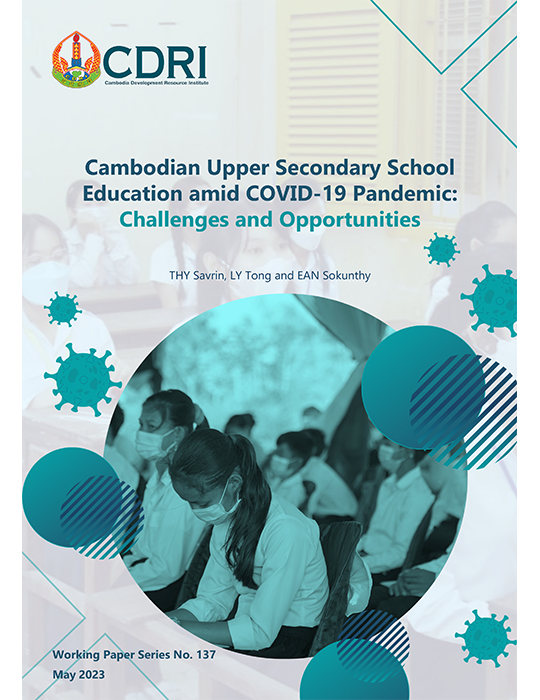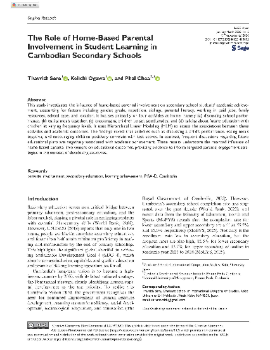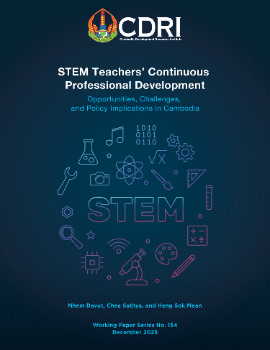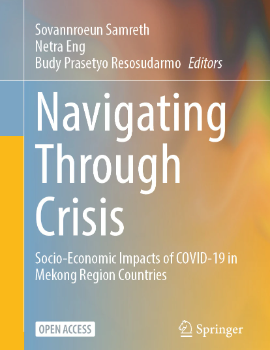
Cambodian Upper Secondary School Education amid COVID-19 Pandemic: Challenges and Opportunities
Keyword: COVID-19 pandemic, distance learning, educational challenges, mental health, Cambodian secondary education
Abstract/Summary
This study investigates the multifaceted impacts of the COVID-19 pandemic on Cambodian upper secondary school education, focusing on academic, economic, and mental health challenges, as well as emerging opportunities. Drawing on survey data from 685 teachers and 2,804 students across Cambodia, the research reveals widespread disruptions in teaching and learning due to limited access to digital devices, unstable internet, and inadequate pedagogical preparedness. Economically, both groups experienced income loss and increased household expenses, particularly for hygiene products and online learning materials. Mental health challenges were prevalent, with significant proportions of teachers and students reporting moderate to severe stress and anxiety, especially in urban areas like Phnom Penh. Despite these hardships, the pandemic also fostered opportunities for growth. Teachers and students gained ICT skills, adapted to new learning modalities, and strengthened family relationships. The study recommends enhancing e-learning resources, expanding ICT infrastructure, promoting blended learning, and integrating mental health education into school systems. These findings offer critical insights for policymakers and educators to build a more resilient and inclusive education system in Cambodia, capable of withstanding future crises.



